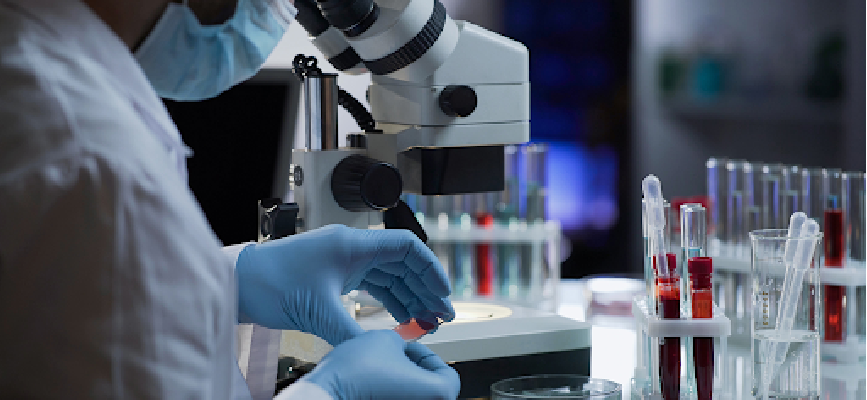

In the public healthcare sector, vaccines play a crucial role. They not only protect individuals but also safeguard communities by preventing the spread of any diseases. You can find vaccination centres in Sydney where the State provides free vaccinations for a selected few diseases. This contributes tremendously towards building a healthier community.
In this blog, we delve deeper into the importance of adhering to a strict vaccination schedule. We will also highlight a few common misconceptions and answer some frequently asked questions.
How Vaccines Help Protect Communities?
Vaccines extend their impact far beyond the individual receiving the shot. They serve as a collective shield, curbing the transmission of diseases within communities. Achieving a substantial percentage of vaccination coverage creates a protective barrier that shields those who cannot be vaccinated, such as infants and individuals with compromised immune systems. This collective immunity is pivotal in preventing outbreaks and ultimately contributes to the well-being of society as a whole.
How Does Vaccination Boost Public Health?
Vaccination clinics in Sydney are one of the most effective tools in the public health arsenal. By reducing and, in some cases, eradicating certain diseases, vaccines not only save lives but also alleviate the burden on healthcare systems. The historical triumph over smallpox showcases the unparalleled power of vaccination programs. Ongoing efforts continue to control diseases like polio, measles, and whooping cough, illustrating the sustained impact of an immunization schedule in preserving public health.
Busting the Common Myths About Vaccines
Despite the overwhelming evidence supporting the safety and efficacy of vaccines, misconceptions persist, contributing to unnecessary concerns. One such myth that needs dispelling is that vaccines cause autism. Numerous studies have unequivocally debunked this. Medical researchers have determined that, in most cases, autism is caused by rare gene mutations.
Some parents are wary of vaccination schedules as they believe vaccines contain unsafe toxins. The fact is vaccines have trace amounts of formaldehyde, mercury, and aluminium, which are safe in these doses and ensure vaccine efficacy.
Many also think that natural immunity is superior. In reality, vaccines offer safer immunity than contracting diseases naturally. Natural immunity comes with health risks, while vaccines provide protection without disease-related complications or long-term effects.
It is crucial for individuals to be informed about the science behind vaccines and rely on trustworthy health sources to counter misinformation.
Frequently Asked Questions
When should my baby start getting immunizations?
Vaccinations typically commence at birth, with the first shot (Hepatitis B) often administered in the hospital. Regular visits to the pediatrician are essential for administering age-appropriate vaccines as your baby grows.
Is it safe for my baby to get vaccinated?
Yes, vaccines undergo rigorous testing for safety and efficacy before approval. Mild and temporary side effects, such as a slight fever or irritation at the injection site, are normal. The benefits of vaccination far outweigh the minimal risks.
Why does my child need vaccination against diseases that are almost eradicated in my country?
Vaccination serves as a preventive measure to keep diseases at bay. A single individual carrying the disease from another region can spark an outbreak, especially if there are unvaccinated individuals in the community.
Can I delay or skip some vaccines if my baby is scheduled to get too many at once?
It is crucial to adhere to the recommended immunisation schedule to provide optimal protection. Delaying or skipping vaccines can leave your child susceptible to diseases. If concerns arise, consult your pediatrician for detailed information on each vaccine.
What should I do if my child has a reaction after vaccination?
Mild reactions, like fever or swelling at the injection site, are common and generally subside within a few days. However, unusual or severe reactions, such as high fever or difficulty breathing, warrant immediate medical attention. Contact your healthcare provider or seek assistance at the nearest emergency department.
Conclusion
Vaccines are indispensable in promoting community health, fostering herd immunity, and preventing the resurgence of deadly diseases. Getting vaccinated is not just a personal choice but a shared responsibility toward building healthier and resilient communities.
If you want to make a vaccination booking in Sydney, get in touch with our clinic today.



